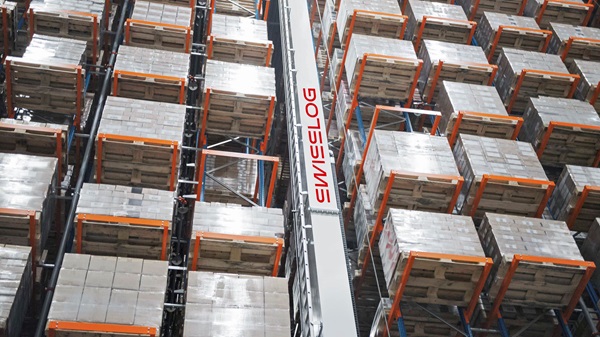- Collinson clients’ commerce platforms are seeing significant year-on-year variations in the habits of online shoppers in 2020, tracking with the ongoing effects of the COVID-19 outbreak
- The early lockdown stages brought spending jumps in electronics, appliances and F&B delivery as consumers adjusted to life and work at home; while health and beauty sales rose alongside easing restrictions
- The substantial swing in consumer spending habits in 2020 highlights the growing relevance of loyalty commerce platforms, which give travel and financial service providers a flexible and robust way to continually engage with consumers
Charting the effects of the coronavirus pandemic on commerce trends, Collinson today reveals a new look at how COVID-19 is affecting online shopping habits in Asia Pacific. A global leader in customer benefits and loyalty, Collinson supports over 25 online shopping portals where consumers can earn and spend loyalty currency linked to leading travel and financial services reward programmes. This broad and robust loyalty commerce network gives Collinson unique data insight into shifting online spending patterns in 2020.
At the very early stages of the coronavirus outbreak, with travel purchases down 69% year-on-year (YoY), sales of electronics and appliances from merchants like Kogan.com were up 19% as consumers prepared to work, cook and entertain themselves at home. Food and beverage brands with online delivery capabilities also performed well, including Menulog and PARKnSHOP.
After the initial waves of restrictions and lockdowns, sales of health and beauty brands began to rise, with a 21% YoY sales jump for brands like iHerb, lookfantastic.com and L’Occitane — indicating consumers’ preparations to re-enter daily life and once again be face-to-face with friends and colleagues; and underlining the deeper interest in personal health and wellness in the COVID-19 era. Throughout the period, luxury sales have remained consistent.
James Berry, Commercial Director of Collinson’s Loyalty Commerce, said, “Loyalty commerce platforms are now seeing a massive growth in relevance, especially for travel and financial service providers. The coronavirus pandemic has caused a substantial swing in consumer spending habits and we expect the effects of this to ripple out for the next few years at a minimum. We’ve seen unprecedented shopping spikes and demand over the outbreak period, much of it concentrated around specific commerce categories. Understanding this data, we can help partners to better connect to their customers, in terms of communications and delivering on end-consumer needs with the right products at the right moments.”
Simon Morgan, Country Director for Collinson Australia, said, “This has been a challenging time for both consumers and businesses. For organisations who invested in online earn or redeem platforms — designed to reward customer loyalty — the COVID-led surge in online retail has provided a much needed ancillary revenue stream; while enabling companies to remain in contact with consumers, through value-add touchpoints. With Asia being the world’s fastest-growing ecommerce market, it’s likely the importance of platforms such as these will only grow. We’re eager to continue to leverage our data and insight to help brands deepen their sales and loyalty strategies, while helping the region’s consumers access relevant, exciting and rewarding offers.”
Collinson supports organisations to create a differentiated loyalty strategy that reinforces brand preference and delivers personalised engagement with customers. Collinson’s offerings have continued to evolve in order to deliver on the rising need for an integrated and secure commerce ecosystem that enables the delivery of personalised, low friction earn-and-redeem experiences. This approach enables Collinson to support travel, retail and financial services partners by leveraging the unique size and scale of the Collinson business: more than 5,000 retailers and merchant partners, 1,400 banking partners and over 90 airline and 20 hotel group partners, reaching millions of consumers around the globe.
James Berry added, “Like many businesses in 2020, we’ve been working fast to evaluate and evolve our strategies in order to best support our clients and their customers at this unique moment in time. With a rich history of connecting different members of the travel, retail and loyalty ecosystem together, Collinson is uniquely positioned to help brands navigate their loyalty strategy in the post-COVID world. We are increasingly supporting financial institutions to grow their relevance and frequency of customer interactions, retailers to provide added value and stand out, and travel brands to drive deeper engagement in anticipation of the travel recovery. Going forward, we will continue to uncover meaningful data and explore how we can create mutually valuable networks to engage customers, drive spend, and support diversified revenue streams.”




 How to7 years ago
How to7 years ago


 More4 years ago
More4 years ago


 More6 years ago
More6 years ago


 Interview4 years ago
Interview4 years ago


 Other Internet Tech6 years ago
Other Internet Tech6 years ago


 More6 years ago
More6 years ago


 Business Ideas6 years ago
Business Ideas6 years ago










